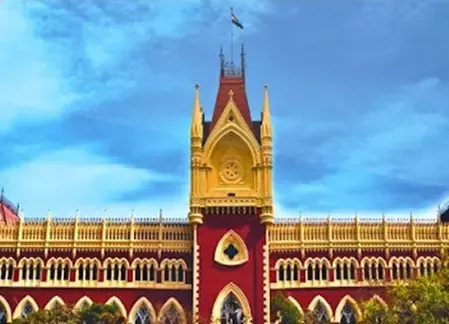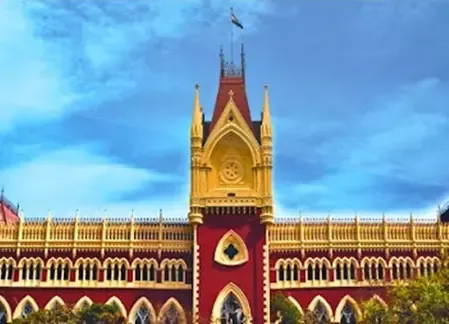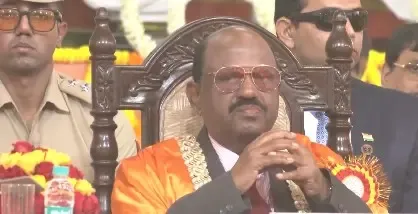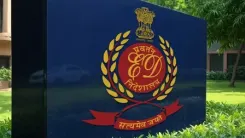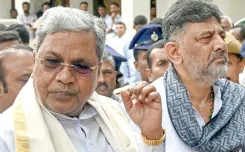Why Do Constant Elections Disrupt Growth and Call for Aligning All Polls? Insights from ONOE JPC Chief PP Chaudhary (IANS Interview)
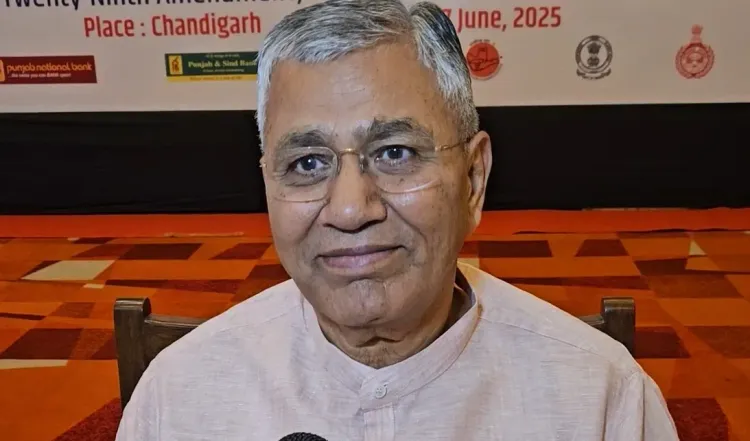
Synopsis
Key Takeaways
- Frequent elections disrupt governance and development.
- Staggered elections cost the nation approximately Rs 5 lakh crore.
- Simultaneous elections could enhance voter turnout and reduce electoral fraud.
- Political unity is essential for the One Nation One Election initiative.
- Ongoing electoral campaigns hinder legislative focus for MPs and MLAs.
Chandigarh, June 14 (NationPress) The Chairman of the Joint Parliamentary Committee on One Nation One Election, PP Chaudhary, engaged in an exclusive dialogue with IANS after meeting with political leaders from Punjab, where he reaffirmed the enduring demand and advantages of coordinating elections nationwide.
Following a consultative session with Punjab ministers and political figures, Chaudhary remarked, “The concept of One Nation One Election is not a novel idea. It was seriously deliberated in the 1960s and 70s. Since 1984, persistent efforts have been made, including reports from the Law Commission, discussion documents from NITI Aayog, and a 2015 Parliamentary Committee report.
Chaudhary emphasized that the primary concern is not solely the cost but the ongoing disruption to governance, development, and public services caused by frequent elections. “From investors to tourism and education, every sector feels the impact. Government officials, particularly school teachers, are frequently diverted from their responsibilities for election-related tasks, significantly affecting public education, especially for underprivileged children,” he noted.
He further mentioned that nearly Rs 5 lakh crore is lost due to staggered elections occurring at different times across the nation. This estimation, he stated, has been submitted to the Ram Nath Kovind Committee for evaluation.
Chaudhary also indicated that conducting elections simultaneously would boost voter turnout, referencing data that illustrates higher participation rates when Lok Sabha and Assembly elections are held concurrently. “Holding all elections together also minimizes the potential for fraudulent voting,” he added.
He expressed concern that India remains in a constant state of electioneering, with 4 to 5 assembly elections each year, in addition to local body and panchayat elections. “This keeps MPs and MLAs perpetually engaged in election campaigns, hindering their focus on legislative responsibilities,” he stated.
“This is not merely a party-centric agenda; it’s an issue of national interest,” said Chaudhary, expressing optimism that all political factions will transcend party affiliations and provide constructive suggestions. He commended Prime Minister Narendra Modi's visionary leadership in advancing the discussion.
Regarding his current visit, PP Chaudhary commented, “The Punjab Chief Minister was anticipated to participate in today’s session but was unable to attend. However, two Cabinet Ministers, along with the Speaker and Deputy Speaker of the Punjab Assembly, were present.”
Leaders from all significant political parties in Punjab attended the consultation. Chaudhary also plans to conduct meetings with senior officials from Punjab and Haryana, followed by discussions with the Haryana CM and party leaders. Subsequently, he will engage with the Chandigarh administration, and later proceed to Himachal Pradesh for discussions with the state CM and political leaders.


